Deputy President Rigathi Gachagua on Saturday, July 22 left the country for Italy, for a three-day high-level United Nations Food Systems Summit Stock-Taking that kicks off Monday in Rome.
Mr Gachagua will address the high-level four-day meeting on behalf of President William Ruto under the invitation of UN Secretary-General Antonio Guterres.
On Monday morning, he will deliver the key note address on Financing Food Systems with a special focus on Kenya's Food Systems Transformation Initiative, as part of the stocktaking of the commitment of States, governments and other Stakeholders in allocating resources to end hunger and malnutrition.
The Summit will also discuss, at length, the school meals programme in which States also work with other partners in ensuring pupils in public primary schools receive food and in balanced rations, to promote health and education.
At the plenary, which will be attended by several Heads of State and Government, as well as UN agencies including the World Food Programme, and the Food Agriculture Organisation, among others, Mr Gachagua will highlight the progress made in Kenya since 1980, when the school meals was rolled out.
Read More
On Monday evening, the Deputy President will engage with Kenyans living in Italy, at a dinner at the Westin Hotel in Rome. He is expected to hold talks with the Prime Minister of Italy Ms Georgia Meloni with the aim of strengthening the bilateral relations of the two nations.
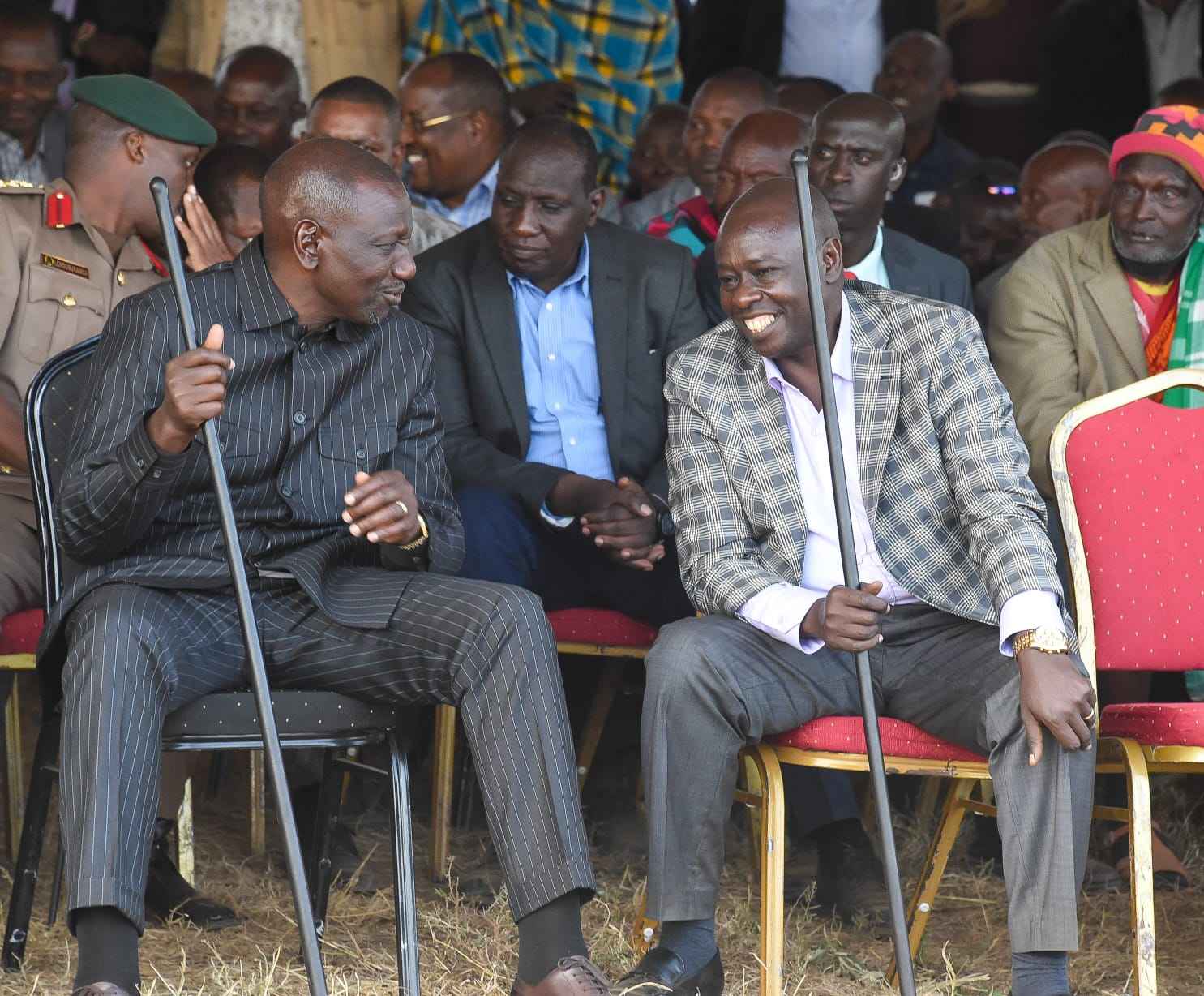
At the meeting with Kenyans living in Italy, the DP intends to understand their needs and the kind of support they may require from the Government.
Diaspora remittances into the country last year almost hit a half a trillion Kenya Shillings, with the country receiving Ksh185.9 billion in the first four months of 2023.
On Tuesday morning, the Deputy President will speak at a breakfast side meeting on homegrown sources of food school meals programme.
Mr Gachagua will share Kenya's experience on the impact of the school meals programme, which is supported by the World Food Programme- and how it can contribute to combating climate change through structured contracting of farmers to produce food schools.
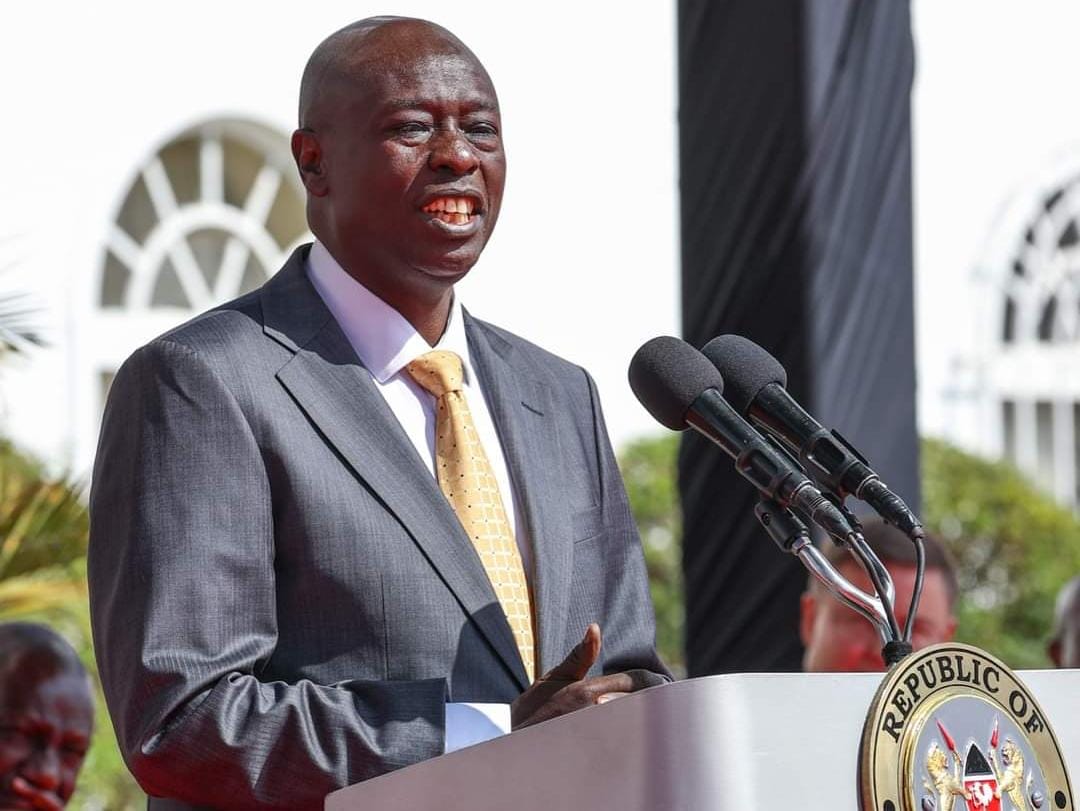
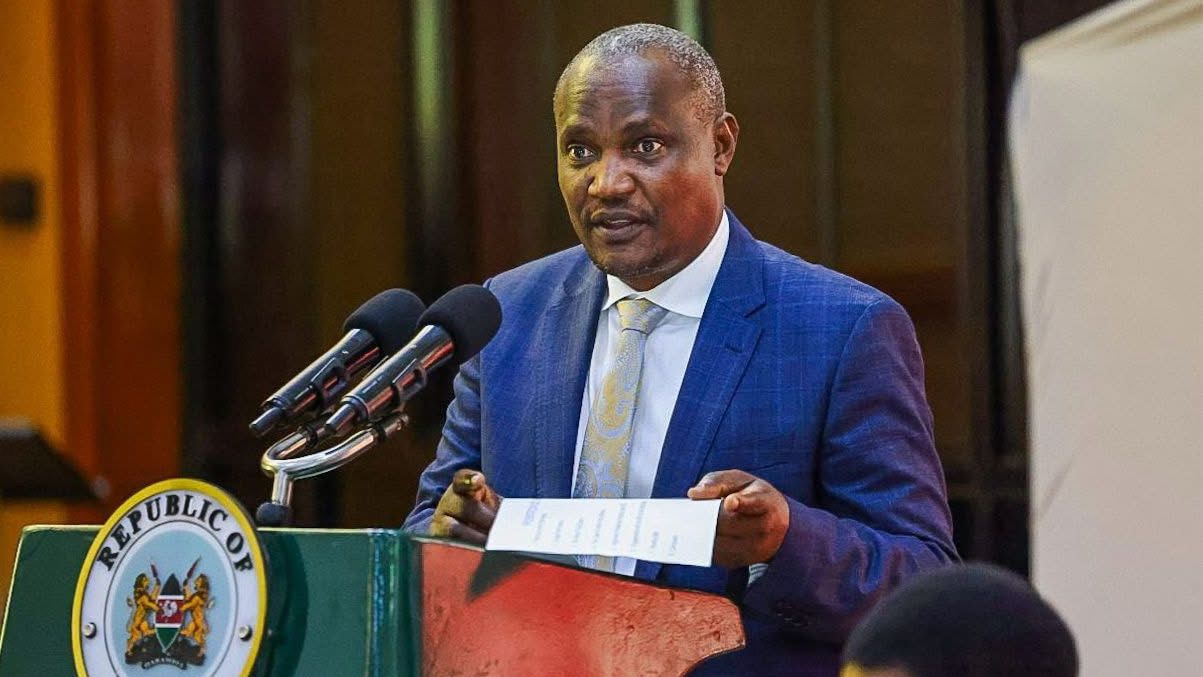
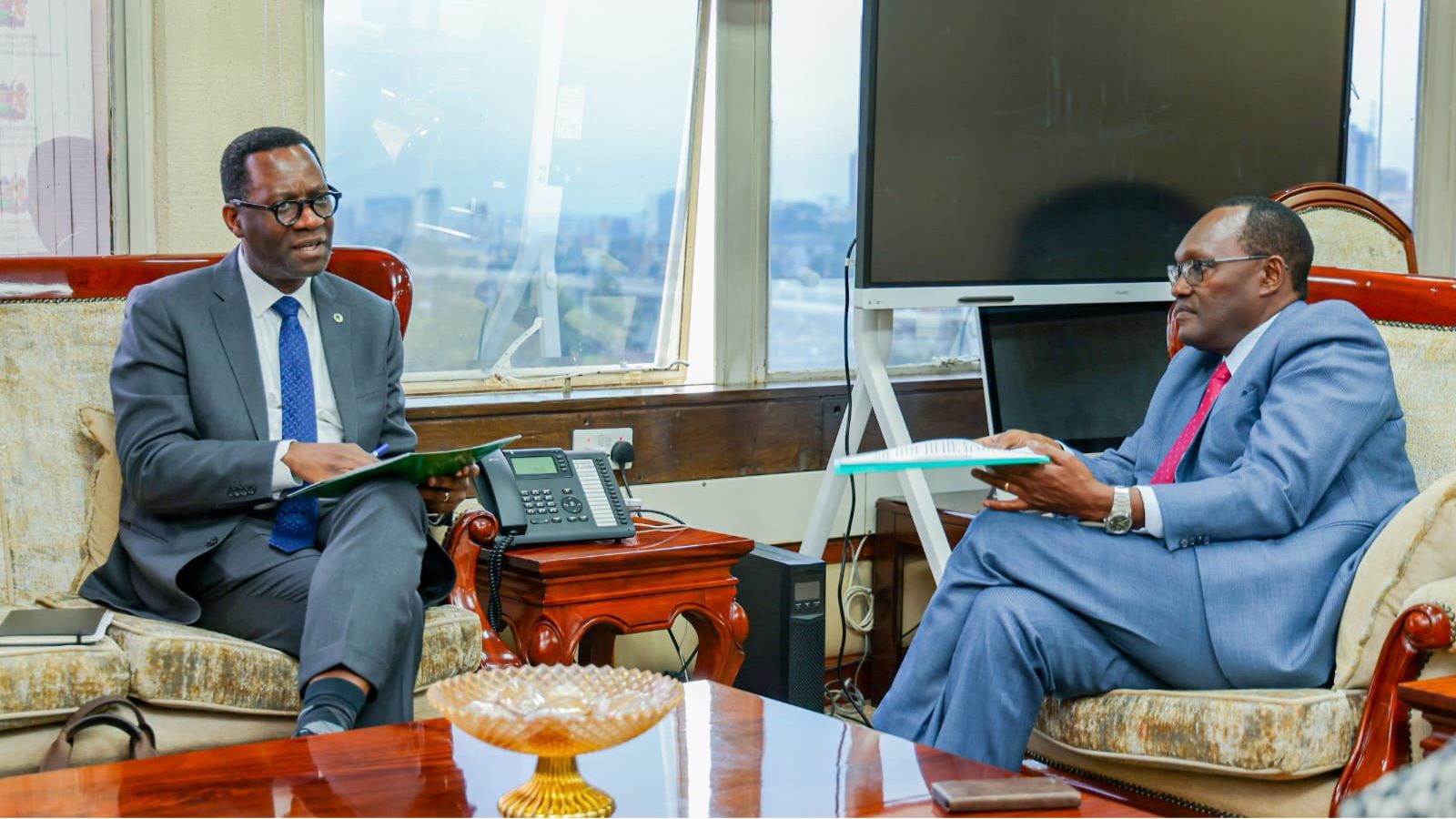


-1771737995.png)
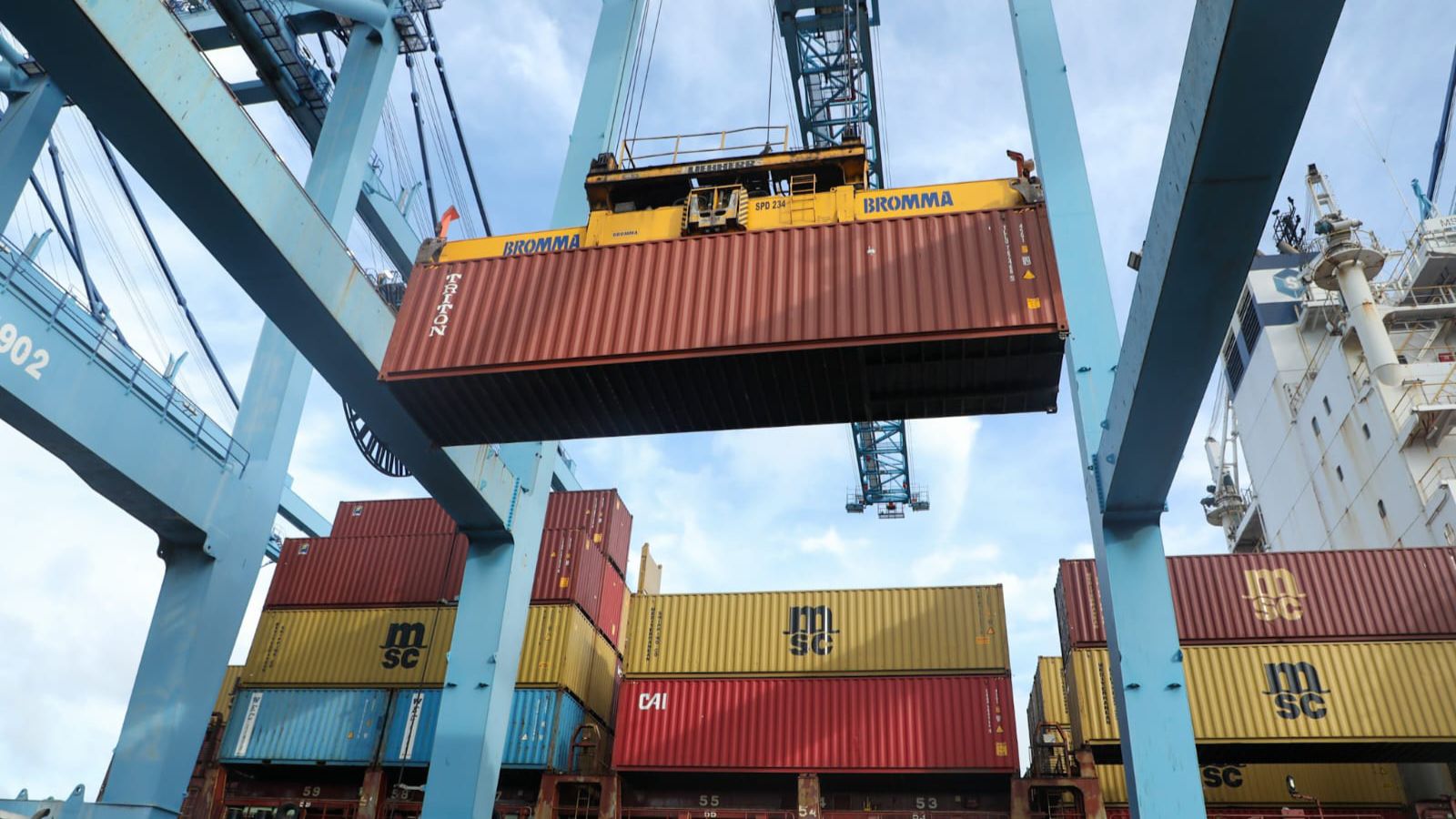
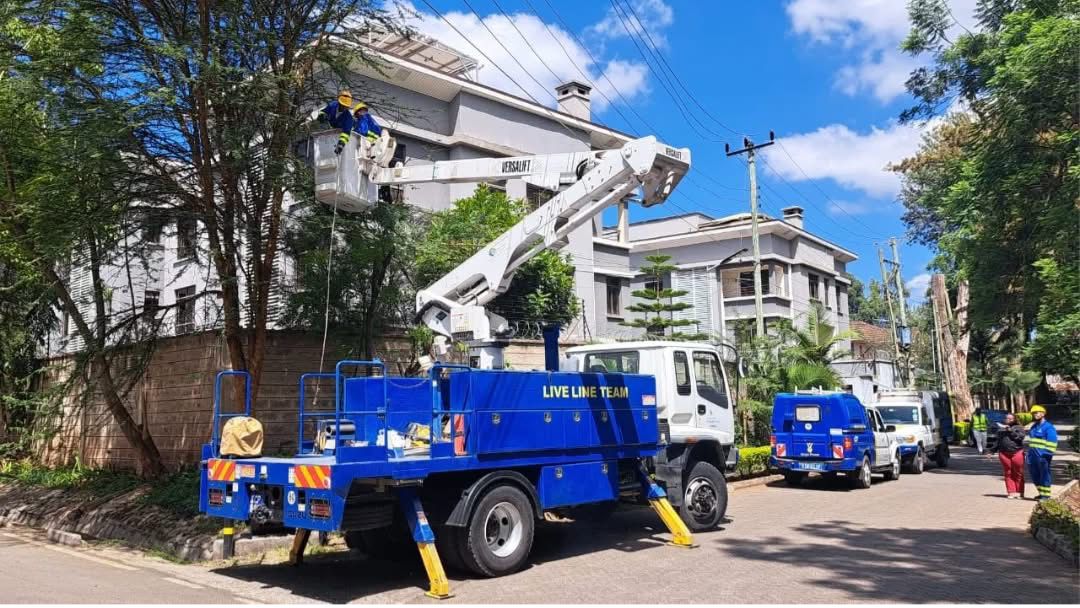
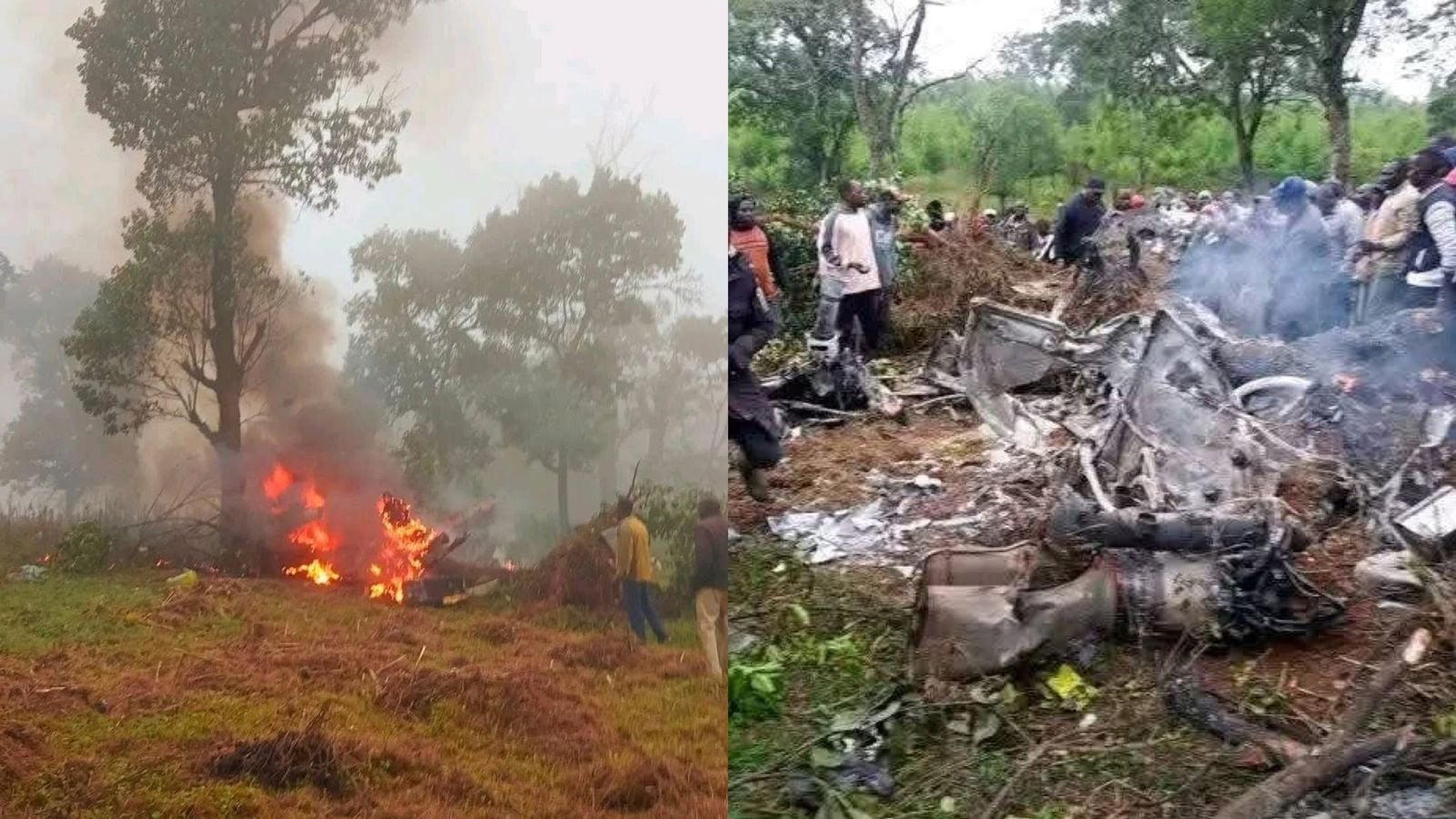

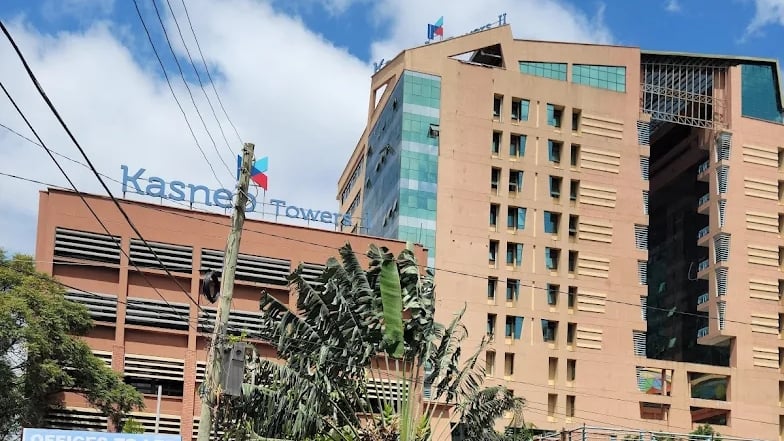
-1772458092.jpg)